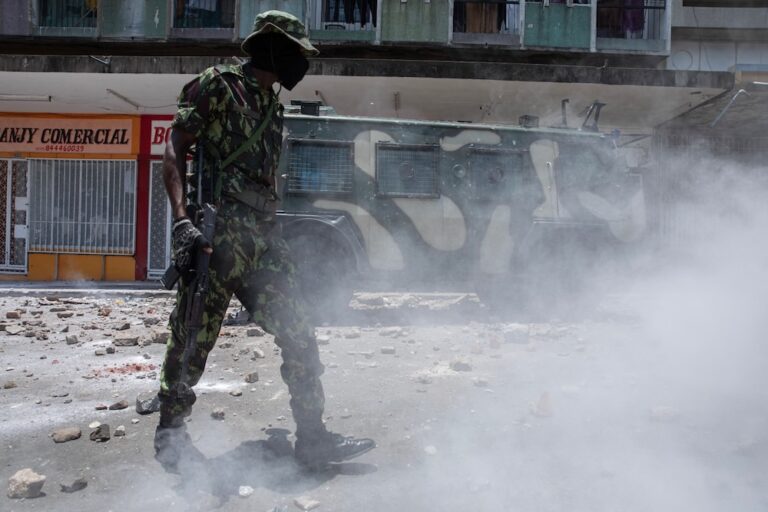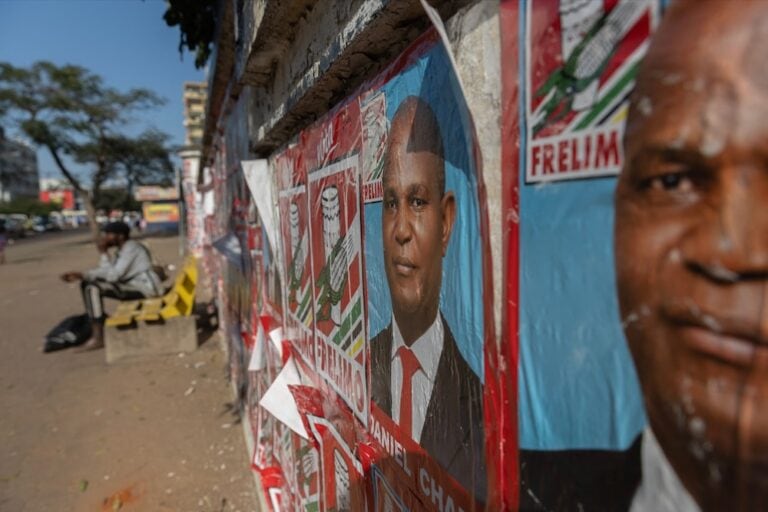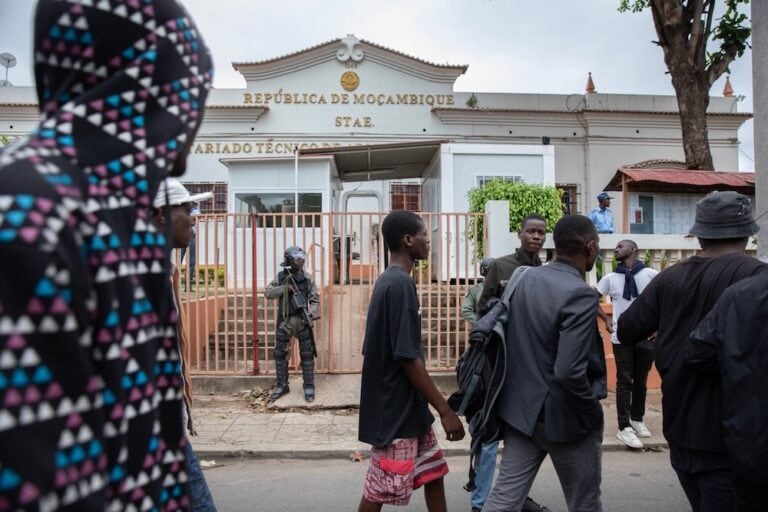(MISA/IFEX) – The first phase of reviewing Mozambique’s 1991 press law, long regarded as one of the most enlightened pieces of media legislation in the world, concluded on 15 September 2006, announced the director of the government press office (GABINFO), Felisberto Tinga. Tinga said that GABINFO had submitted the draft amendments to the office of […]
(MISA/IFEX) – The first phase of reviewing Mozambique’s 1991 press law, long regarded as one of the most enlightened pieces of media legislation in the world, concluded on 15 September 2006, announced the director of the government press office (GABINFO), Felisberto Tinga.
Tinga said that GABINFO had submitted the draft amendments to the office of Prime Minister Luisa Diogo early in the day on 15 September. He promised a “public debate” to collect more ideas.
Tinga was speaking at the ceremony in which the newly elected leadership of the Mozambican chapter of the Media Institute of Southern Africa (MISA) took office. He declared that the purpose of the revision was not to scrap the 1991 law, but merely amend it to “bring it into line” with current reality.
He claimed that during the review, various players in the media sector, including MISA, had taken part. “This shows that MISA is an important partner of the government”, declared Tinga, urging the new MISA leadership to continue working to promote freedom of the press and of expression in Mozambique.
Tinga’s remarks are surprising, in that there has been next to no discussion among most journalists about amending the law.
The drive to change the law seems to be coming from state bodies – in stark contrast to the situation 15 years ago, where journalists first fought, successfully, to ensure that a clause on press freedom went into the new constitution, and then had major input into the subsequent press law.
One of the architects of the 1991 law, former information minister Teodato Hunguana, has argued that a minor amendment does need to be made to ensure that the press law is in line with the constitutional amendments that took effect in early 2005. But Hunguana made it very clear that such changes should make the law more, not less, media-friendly.
Speaking immediately after taking office, the new chairperson of MISA-Mozambique, Tomas Vieira Mario, promised to continue the work of the previous leadership – which he praised for establishing MISA nuclei in the provinces. Vieira Mario stressed that the main task for MISA-Mozambique was to ensure the strengthening of media freedom, and he pledged that all initiatives in this direction would be supported.
In particular, the MISA-Mozambique leadership was committed to fighting for a law on freedom of information. In theory, the current law allows access to official sources of information – in practice, because the duty of officials to provide such information is not fully specified, it has often proven too difficult to obtain it.
BACKGROUND:
MISA-Mozambique submitted a draft bill on freedom of information to the Mozambican Parliament, the Assembly of the Republic, but it remains to be seen whether deputies will sponsor it and ensure that it figures on the parliamentary agenda.


